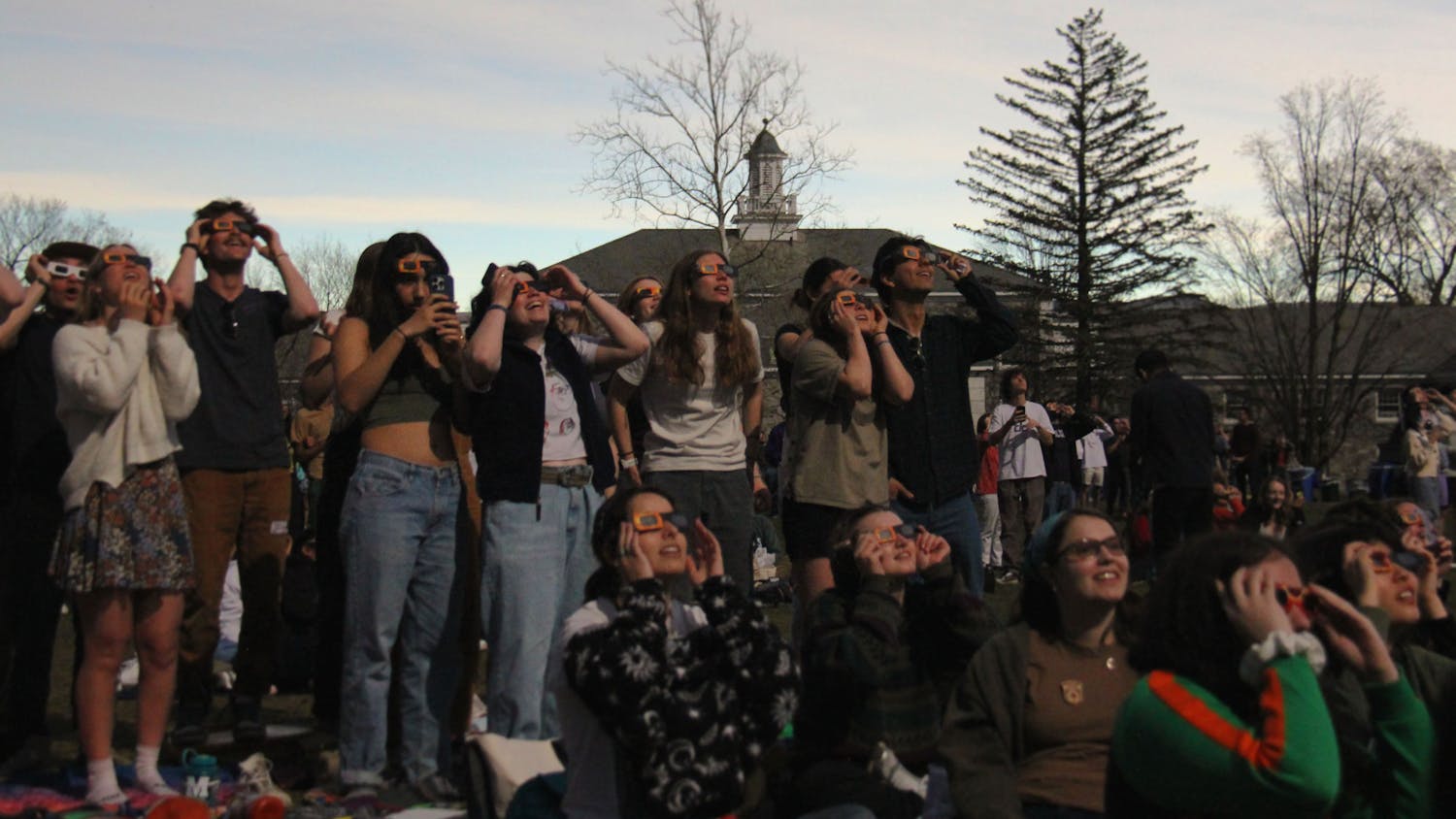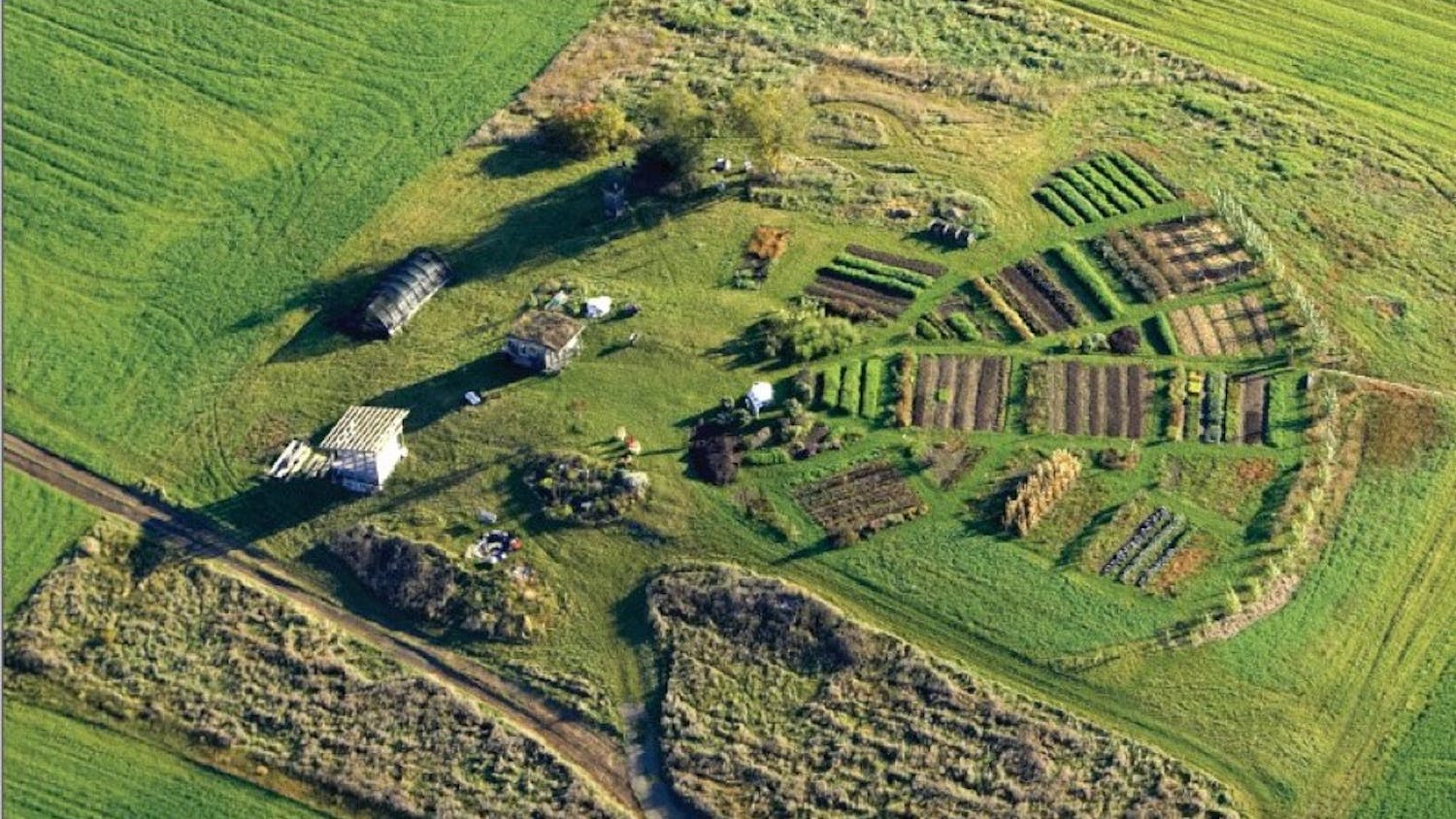In recent weeks violence has erupted in the North African nation of Tunisia.
The violence was first sparked on Dec. 17 when a young man lit himself on fire to protest the worsening economic conditions in the agriculture-based state.
Such a visible display of anger ignited the simmering public resentment for recent state conditions, and led to further protests within the nation.
Such protests were met by a heavy-handed military crackdown, which left nearly 70 dead and many more injured. The violent government initiative was carried out at the behest of former president Zine al-Abidine Ben. Recognizing the waning support for his government, Ben attempted to coerce unity by implementing a curfew and limiting the free speech of dissidents.
His government’s actions, however, only increased the unwillingness of citizens to recognize the legitimacy of his regime. Continued protests forced the president to flee the state, seeking refuge in Saudi Arabia.
In the wake of such events, Tunisian Prime Minister Mohammad Ghannoichi has become the de-facto head of state until a new president can be elected.
In a declaration made on Jan. 17, the prime minister formed a new government by combining officials from prominent opposition parties with cabinet members from the former regime.
In defense of the newly implemented government Mr. Ghannouchi stated, “We are committed to intensifying our efforts to re-establish calm and peace in the hearts of all Tunisians. Our priority is security, as well as political and economic reform."
Realizing this vision, the Prime Minister has stated that he will free all political prisoners. Ghannouchi also noted that he would work to re-establish democracy within the state, encourage freedom of the press and facilitate a legitimate presidential election.
Such actions should go a long way in righting the course of the misguided policies of recent decades. While Tunisia has been considered one of the most stable African states, such a façade has covered the internal unrest that has been simmering for years. The BBC notes, “In return for slow but steady economic growth, the majority of Tunisians have accepted restricted political rights, a police state and an elite accused of corruption.”
While many remain hopeful that the new government will be able to re-establish peace, others are more skeptical. Critics note that while the Prime Minister has retained more credibility than the former president, many citizens want the new government to be markedly different from the former regime, containing none of its former cabinet officials.
The upcoming weeks will be crucial for this African state. The current government remains unstable, as opposition ministers who have been recently appointed attempt to decide whether to support the government or opt out of the current regime.
The new government must make a concerted effort to employ the many educated graduates that remain jobless at present. The government must also work to combat elevated food prices. Finally, the new regime must do this in a highly visible way, so as to assure the angered masses that their voices have been heard by the ruling elites. Only when the street vendors feel that their nation’s leaders understand their situation will the violence come to an end.
Beyond the Bubble
Comments



